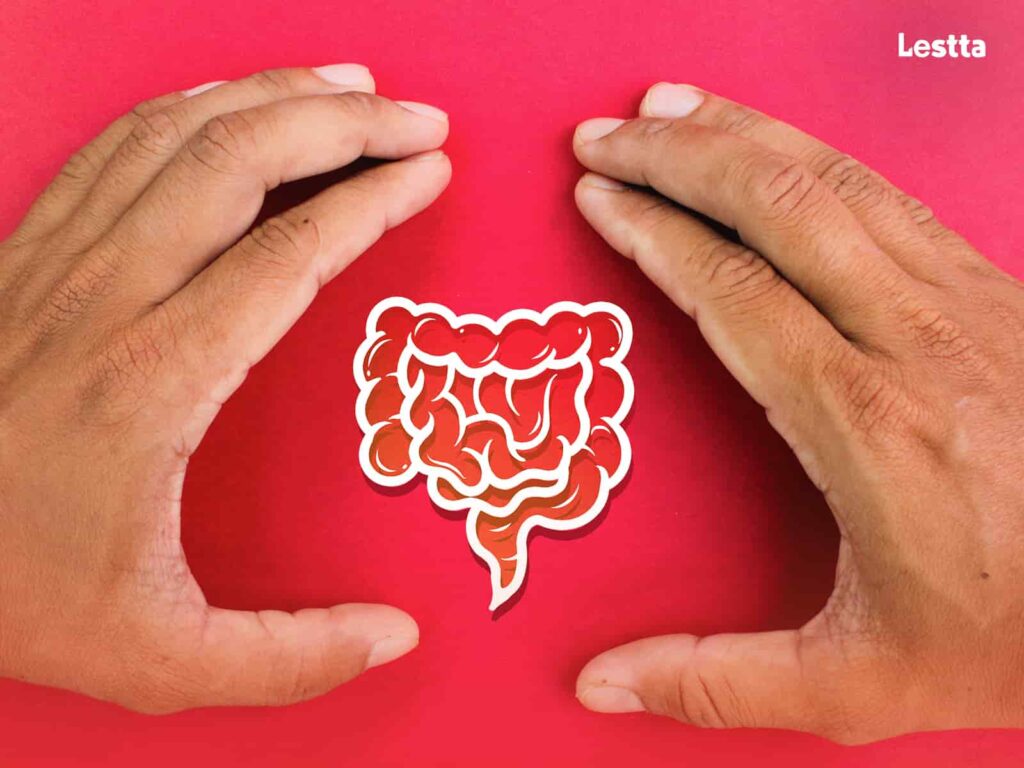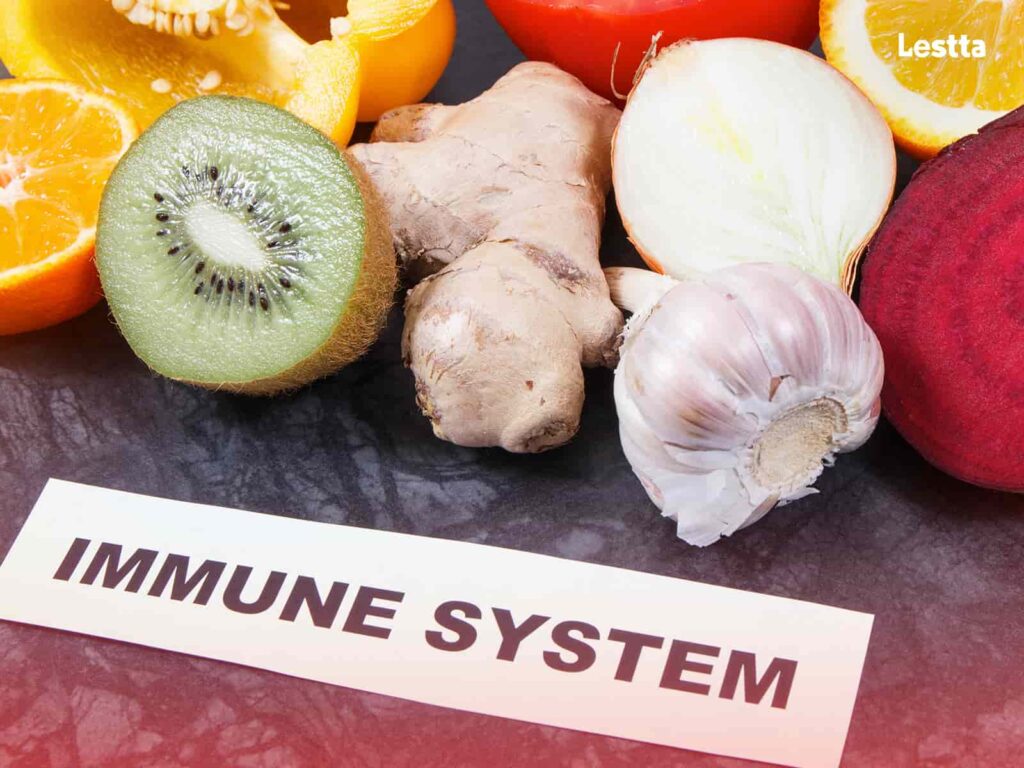When we think of bacteria, the first thing that often comes to mind is illness and infections. However, not all bacteria are harmful. In fact, there are several types of beneficial bacteria that play a crucial role in supporting our overall health. These beneficial bacteria are commonly found in various foods. Let’s explore 10 surprising benefits of food bacteria for your health:
1. Improved Digestion

Food bacteria, also known as probiotics, are well-known for their role in improving digestion. They help break down complex nutrients, making them easier for your body to absorb. This can alleviate digestive discomfort, bloating, and constipation.
2. Enhanced Gut Health

A healthy gut is essential for overall well-being. Food bacteria populate your gastrointestinal tract, maintaining a balance between good and bad bacteria. This balance supports a strong gut barrier and reduces the risk of gastrointestinal disorders.
3. Boosted Immune System

The majority of your immune system resides in your gut. Food bacteria support the immune system by stimulating the production of immune cells and antibodies, helping your body defend against harmful pathogens.
4. Mood Regulation

The gut-brain connection is a fascinating area of research. Food bacteria play a role in producing neurotransmitters like serotonin, often referred to as the “feel-good” hormone. This connection suggests that a healthy gut can positively influence your mood and mental well-being.
5. Vitamin Synthesis

Certain food bacteria are capable of synthesizing vitamins such as B vitamins and vitamin K. These vitamins are essential for various bodily functions, including energy production and blood clotting.
6. Reduced Inflammation

Chronic inflammation is linked to numerous health problems, including heart disease and autoimmune conditions. It help modulate inflammation by maintaining a balanced immune response.
7. Weight Management

Research suggests that some bacteria may influence weight management. An imbalance in gut bacteria has been associated with obesity. Probiotics could potentially help regulate appetite and metabolism.
8. Improved Nutrient Absorption

Food bacteria assist in breaking down complex carbohydrates and fibers that the body cannot digest on its own. This breakdown releases essential nutrients, promoting better absorption and utilization by the body.
9. Lowered Risk of Allergies

Early exposure to a diverse range of food bacteria may help prevent the development of allergies. A well-balanced gut microbiome contributes to a well-regulated immune system, reducing the likelihood of allergic reactions.
10. Support for Skin Health

The health benefits of food bacteria extend beyond the gut. Certain strains of probiotics have been shown to alleviate skin conditions like eczema and acne, possibly by reducing inflammation and improving the balance of skin bacteria.
Conclusion
It’s clear that the role of food bacteria in promoting health is both significant and diverse. As always, it’s important to consult with a healthcare professional before making any major changes to your diet, especially if you have underlying health conditions.









